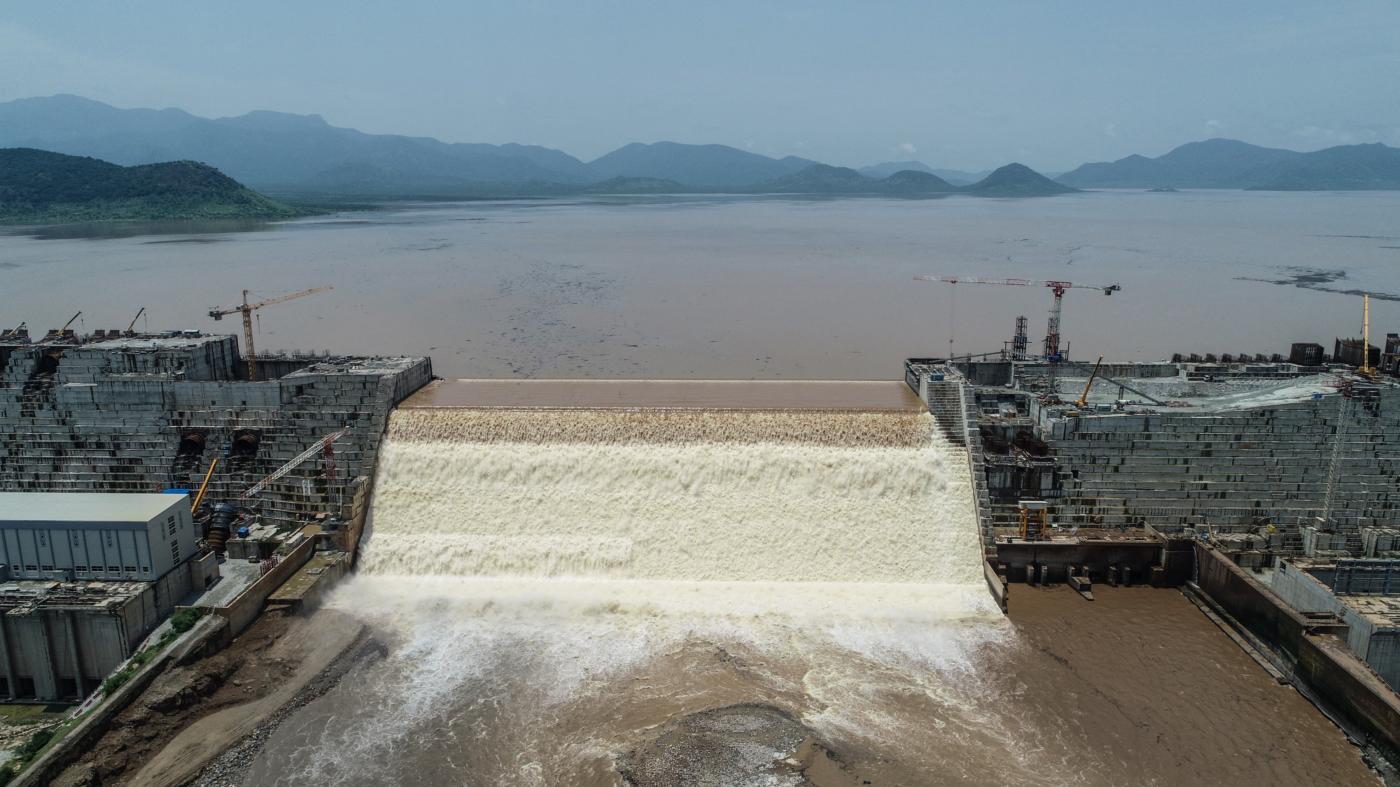Africa-Press-Ethiopia
Negative repercussions of the Grand Ethiopian Renaissance Dam may prompt the Sisi regime to take a tougher stance – but many challenges would follow
Every state makes decisions on using hard power, such as military force, and soft power, such as diplomacy, in order to protect its own interests, maximise benefits and minimise damage. For Egypt, the main goal of negotiations with Ethiopia over the Grand Ethiopian Renaissance Dam (GERD) has been to preserve Egypt’s share of Nile River waters.
But the problem is deeper than the GERD; the real issue lies in the potential building of future dams that may directly affect Egypt. If the dam is built without a legal and binding agreement, other Nile Basin countries may be encouraged to build their own dams in the future.
For Egypt, wielding the military option against the dam project would be mired by political, security and social challenges. Egypt has been seeking a foothold in Djibouti, Eritrea and Somalia, but it has been unable to establish a military base or to deploy troops in the region. Despite its participation in the Saudi-led Yemen war, Egypt’s role has been limited and ineffective.
The proliferation of other army bases in the region also complicates matters. Djibouti is considered one of the most important sites in the Horn of Africa, through which about 80 percent of Ethiopia’s trade passes, and it is home to US, French, Italian, Chinese, Japanese and Saudi military bases. This limits the effectiveness of the Egyptian navy threatening Ethiopia, which does not have a coastline, and whose border areas in the north and west are characterised by rugged terrain, complicating the prospects for a land-based operation.
The Sinai conflict, which intensified in 2013 and has not stopped to this day, presents an additional challenge for Egypt – making Sudan perhaps a more feasible option for military resistance against the GERD project.
Sudan’s transition
Sudan’s internal situation is highly complex, with the country in a transitional phase after the fall of former President Omar al-Bashir. A variety of stakeholders are jockeying for influence, including the military, the Rapid Support Forces, the Freedom and Change (civilian movement), Islamist groups and rebel groups on the periphery, including the Sudan Liberation Army.
The abundance of stakeholders and the lack of cohesion among them makes it difficult to create a unifying vision for the country, with competing ideas on how to manage the transitional phase, alongside different ideological frameworks and tribal/ethnic affiliations. There is an internal power struggle, with each stakeholder aiming to ensure its own longevity, while thwarting other parties.
While relations between Egypt and Sudan are relatively good, they must work to maintain balance among the other actors, particularly since Ethiopia maintains positive relations with Sudan’s civil movement and armed rebels; it could therefore pressure them to adopt positions hostile to Egypt, or to remain neutral.






